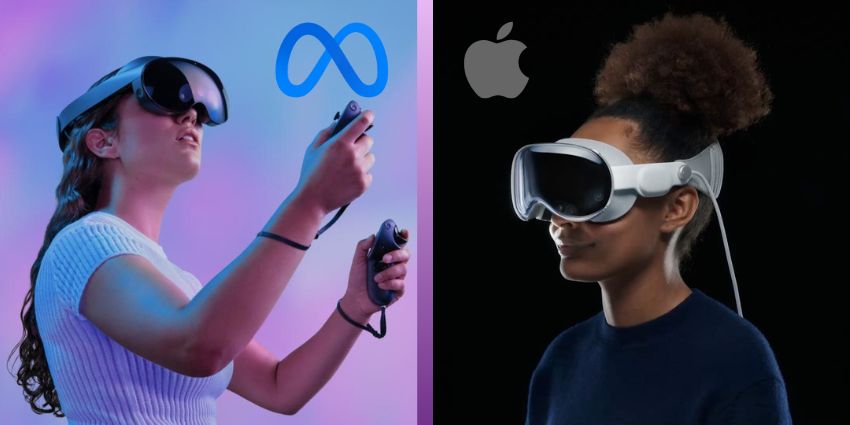Last Monday, Jamie Dimon, CEO of JP Morgan, posted a public letter to shareholders that, among other core principles, outlined the benefit of blockchain and emerging financial technology.
Dimon noted that “decentralized finance and blockchain are real,” he said, adding that financial startups were an “enormous competitive threat to banks.”
The CEO said that competition from banks, shadow banks, fintech, and large technology companies was “intensifying and clearly contributing to the diminishing role of banks.”
In the midst of a pandemic, war in Ukraine, inflation, and other challenges, Jamie Dimon discusses navigating geopolitical events, America’s competitiveness, energy security, sustainability, and an inclusive economy in his annual letter.
— J.P. Morgan (@jpmorgan) April 4, 2022
Although JP Morgan remains at the “forefront of this innovation”, allowing the firm to stay ahead of its competition, the CEO added,
“We use a blockchain network called Liink to enable banks to share complex information, and we also use a blockchain to move tokenized U.S. dollar deposits with JPM Coin”
JP Morgan created JPM Coin in 2019 to enable clientele to send capital between businesses. The global investment firm uses a shared ledger system to solve traditional cross-border payments problems and allows companies to transfer US dollars held on deposit with JP Morgan as crypto.
The news comes after the bank launched a virtual bank on the Metaverse platform Decentraland in February, where attendees noted user experience (UX) issues when exploring the bank and opening accounts. The bank also collaborated with Event Farm to host Metaverse live events and promotions.
Emerging Banking
Many other financial firms and services have adopted blockchain, cryptocurrency, and NFT solutions to stay competitive as alternative financial technologies emerge.
According to industry estimates, the value of immersive gaming platforms will reach $400 billion USD by 2025, with Metaverse solutions generating up to $1 trillion in value.
Last week, HSBC Holdings also opened a Metaverse Discretionary Strategy investment portfolio for investors with high and ultra-high net worth. The portfolio is still evolving from its early stages, but already covers computing, infrastructure, virtualization, and interface technology.
Last month, the global financial group Visa introduced its NFT creator programme to facilitate small business transitions to a digital economy. The programme encourages firms to create new use cases for NFTs and build up existing companies with assistance from Visa’s client list and mentor network.
In October last year, Bank of America (BoA) adopted virtual reality (VR) training solutions for employees at nearly 4,300 global financial centres, becoming the first banking institution to employ immersive training solutions, which it deployed to roughly 50,000 workers.







